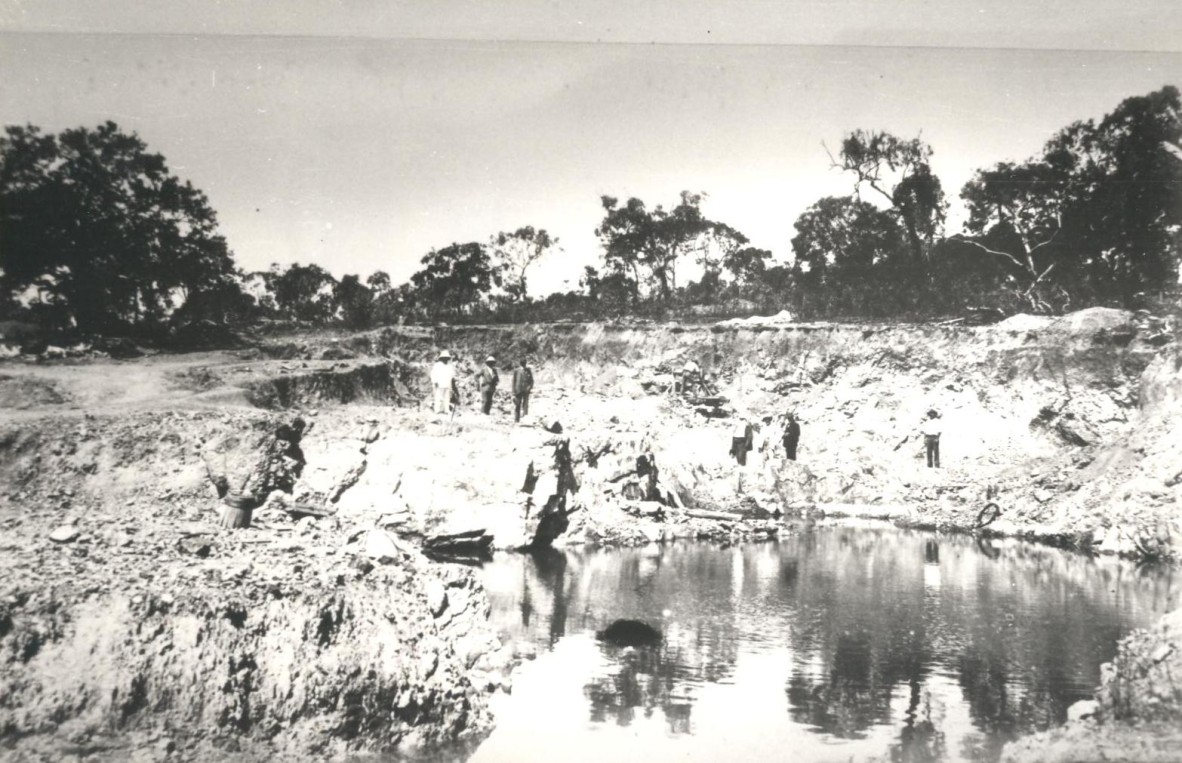Horn Island – Nguruapai has been home to two major business enterprises during its history, both of which have been important in terms of the island’s on-going growth and development. The first of these, the Horn Island Gold Mine has long closed and passed into history, but the second, the airport, continues to be a vital industry.
The Horn Island Airport is an important site in terms of transport into and out of the Torres Strait and traces its beginnings to the Second World War. The airport, or aerodrome as it was then termed, was built by the Civil Construction Corporation and the Department of Main Roads, with work commencing in 1940. Upon completion in 1941, it was known as RAAF Base Horn Island and became an important staging base for allied aircraft moving between Australia and New Guinea. This was an important facility during the Second World War with a great deal of activity taking place. Several RAAF squadrons were based at Horn Island including Squadron Numbers 7, 24, 32, 75, 84 and the 7th Fighter Squadron. As well, there was a strong US presence. In all, approximately 5,000 servicemen and women served on the island during the war.
The island and its aerodrome facilities were bombed by the Japanese on eight separate occasions during 1942 and 1943, with significant damage being caused. As well, the dangerous nature of air warfare is reflected by the number of crashes that occurred, with several American B17 Flying Fortresses being lost. Amongst these were two B17s named "GI Issue" and "Tojo’s Nightmare" which crashed during landings on 16 July 1942 and 24 March 1944.
Horn Island’s wartime history is remembered in various commemorations that take place periodically as well as The Horn Island Airport site itself being historically significant.
Also of historical significance was the discovery of gold on the island in 1894 by John Smyth, whose family members were involved in the pearling industry as well as other business pursuits, including running an island boarding house. Over the ensuing twenty years some 6,000 ounces of gold was recovered, however, as the gold became more difficult to extract the mine ceased operations. During its life, up to twenty-five employees worked at the mine. A short lived attempt to reopen the mine in the late 1980s only lasted for two years, despite positive forecasts of a major mining operation being possible with good levels of gold extraction and associated local employment.

Comments
Your email address will not be published.
We welcome relevant, respectful comments.